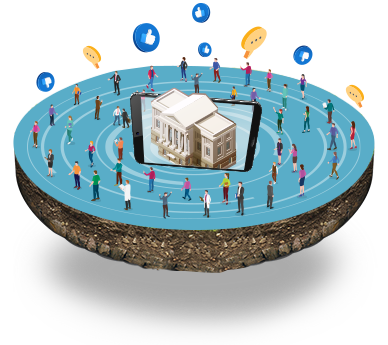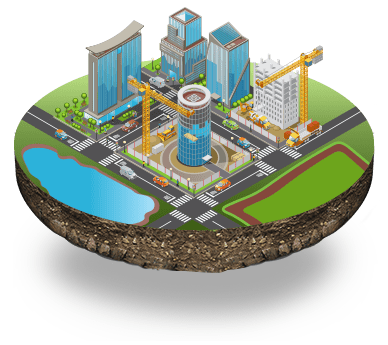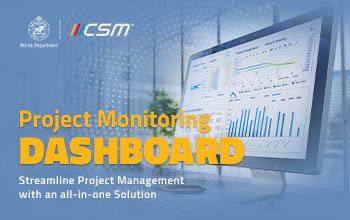
We use cookies to enhance your experience on our website
When you visit our website, it might store or access information on your browser, typically in the form of cookies. This data may include details about you, your preferences, or your device, and is mainly used to ensure the site functions as expected. While this information doesn’t usually identify you personally, it can provide a more tailored browsing experience. We value your privacy, so you have the option to reject certain cookies. However, disabling some cookies could affect your experience and limit the services we can offer. For further details, please review our updated Cookie policy. Cookie policy



































